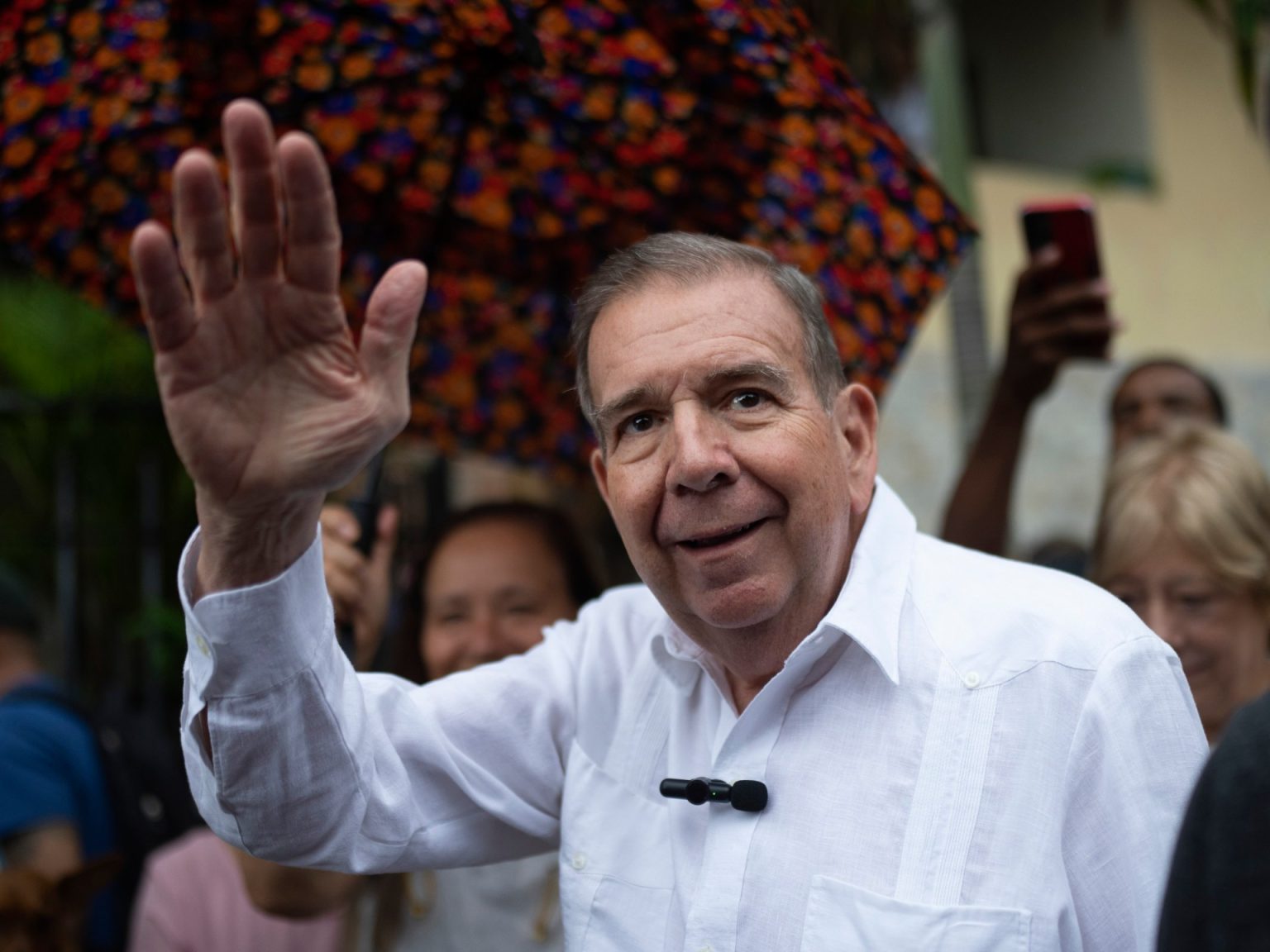Venezuelan opposition leader Edmundo Gonzalez has sought political asylum in Spain amidst political turmoil in his country following a disputed presidential election. The National Electoral Council declared President Nicolas Maduro the winner of the election, but the opposition, led by Gonzalez, claims the results were rigged. This has sparked protests and a government crackdown, with many opposition leaders seeking refuge in foreign embassies. Gonzalez fled Venezuela after an arrest warrant was issued for him, citing concerns for his safety.
Gonzalez, a 75-year-old retired diplomat, was chosen to challenge Maduro after the main opposition candidate was barred from running. He is not affiliated with any political party and had served in various diplomatic positions before being appointed as ambassador to Algeria. He sought asylum in Spain due to threats and pressure from the government, leading to concerns for his safety. His departure from Venezuela is seen as a strategic move to continue his leadership in the opposition in exile.
The opposition in Venezuela is facing a new phase post-election, with Gonzalez’s exile marking a shift in the leadership landscape. While Gonzalez will continue to fight from abroad, it is essential for other key leaders like Maria Corina Machado to maintain the pressure on the government and keep the campaign active. The Unitary Platform, comprising various parties, needs to redefine its strategies and mobilize support to challenge Maduro’s government.
Venezuela’s government claimed that Gonzalez was allowed to leave for “political peace” in the country, but opposition leaders argue that he was forced into exile due to threats and coercion. Support for Maduro in South America appears to be waning, with some leftist governments expressing concerns over the election results and the crackdown on opposition leaders. China, Russia, Cuba, and Nicaragua have congratulated Maduro on his victory, while the US and EU have voiced support for Gonzalez as the legitimate winner of the election.
Gonzalez’s departure has sparked reactions from various countries and international organizations. The US, EU, and the Organization of American States have expressed concerns over the political situation in Venezuela and voiced support for Gonzalez as a symbol of democracy. Spanish Foreign Minister Jose Manuel Albares welcomed Gonzalez’s arrival in Spain and reiterated the government’s commitment to the political rights of all Venezuelans. The future of the opposition movement in Venezuela remains uncertain as they navigate a challenging political landscape.













